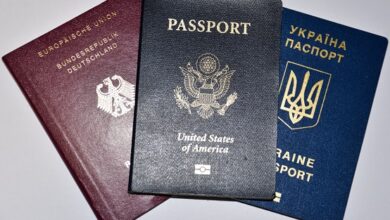What is Abiogenesis theory scientific proof difference with biogenesis
Abiogenesis
Abiogenesis is a theory that sought to explain the emergence of life on Earth. He sought to unravel the hypotheses about living organisms and defended the idea that the emergence would have happened from raw materials without life.
The philosopher Aristotle (384 BC-322 BC) was an advocate of abiogenesis, as he believed that the beginning of life on Earth occurred naturally, due to the existence of a natural force (vital force) capable of generating life.
Abiogenesis theory
The theory, which is also called spontaneous generation , was the first explanation that emerged and was accepted to identify how life on Earth came about.
According to her, and as defended by Aristotle, in some types of organic matter, there was a vital force (also called active principle), composed of an energy that would have originated the first living beings on Earth.
What the theory called vital force is, in reality, a chemical reaction occurring in organic matter, which results in the production of energy. Thus, this would be the chemical explanation of the origin of living beings, on which abiogenesis was based.
Here are some examples accepted by abiogenesis as a form of spontaneous generation of life:
- emergence of frogs through an organic reaction in environments with mud,
- birth of flies from the process of decomposition of meat,
- emergence of worms would be due to natural intestinal reactions.
Later, science proved that these and other animals had not arisen spontaneously for these reasons. Its appearance in the places was due to natural processes, such as the bad smell and putrefaction (a stage of decomposition) of certain elements, such as meat.
Advocates of abiogenesis
In addition to Aristotle, the following were also supporters of abiogenesis: scientist Isaac Newton (1643-1727), philosopher René Descartes (1596-1650) and physician William Harvey (1778-1675).
Is there scientific proof of abiogenesis?
Modernly, the theory of spontaneous generation is no longer accepted , due to the lack of scientific evidence.
However, until the 19th century, abiogenesis was the best received approach as an explanation of the emergence of living beings.
It was Louis Pasteur (1822-1895) who proved the impossibility of spontaneous life generation. The scientist carried out an experiment in which he used a mixture of different nutrients, boiling it until it reached the temperature at which there would be no living beings in the liquid.
By resting the mixture for a long period, he could verify that the liquid remained sterile, without generating any form of life.
Difference between abiogenesis and biogenesis
As we have seen, abiogenesis is the theory that explained the emergence of living organisms from non-living organic matter.
Biogenesis, on the other hand, has the opposite rationale. The theory explains the emergence of living beings from the reproductive process of other existing living organisms.
Therefore, contrary to what abiogenesis claimed, it defended that the generation of life would only be viable from another form of life that existed previously.


